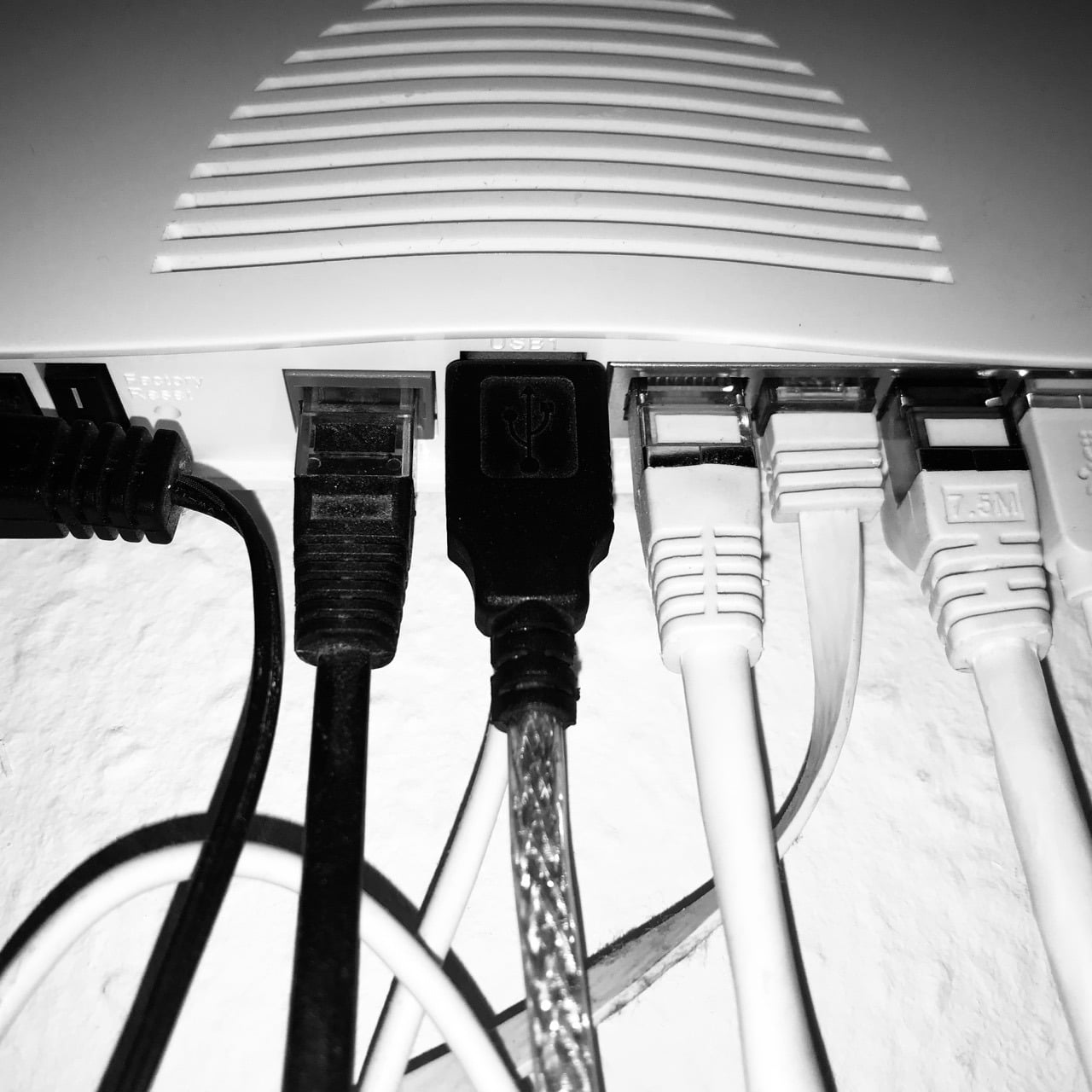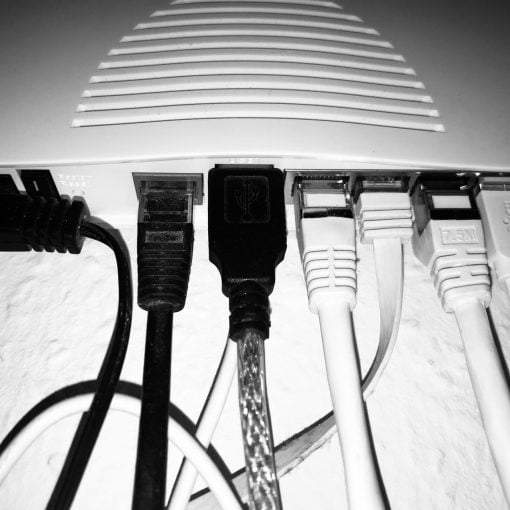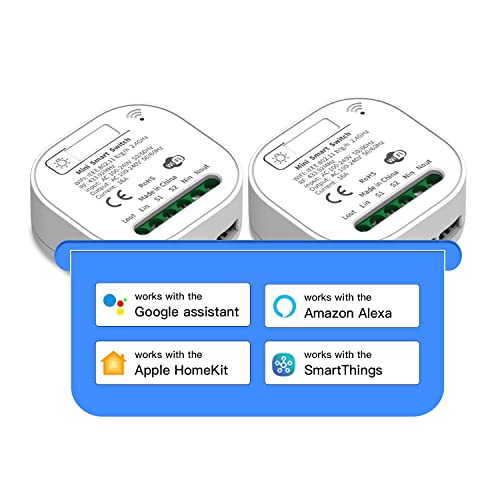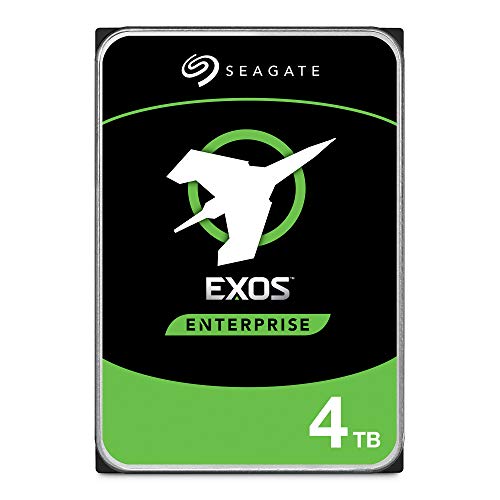Despite strong criticism, Germany has voted in favour of the copyright reform planned by the EU. Here we tell you why this is a big nonsense.
via: ifun.de, tagesschau
Article 13 is intended to strengthen the rights of authors whose content and works are on the Internet. In the future it will be forbidden to distribute copyrighted material on the smallest level.
So far, it is of course also forbidden to place things on the market that do not belong to you, such as uploading Hollywood films to YouTube. After all, you don’t have the rights to it. Until now, as with any legal violation, legal action had to be taken: the author or copyright holder of the work had to turn to YouTube and demand the deletion of the corresponding content.
Information society service providers that store and provide to the public access to large amounts of works or other subject-matter uploaded by their users shall, in cooperation with rightholders, take measures to ensure the functioning of agreements concluded with rightholders for the use of their works or other subject-matter or to prevent the availability on their services of works or other subject-matter identified by rightholders through the cooperation with the service providers. Those measures, such as the use of effective content recognition technologies, shall be appropriate and proportionate.
Article 13 now requires service providers to check content uploaded by users to see whether there is a right holder who, because he has the rights to the work, prohibits publication. Furthermore, it is stated that the necessary technology can be recognition technologies (upload filters), which are to be used appropriately.
The EU therefore wants to ensure that copyright infringements do not occur in the first place. It is therefore planned that large companies could use upload filters that check the content for copyrighted material beforehand.
As you can see: from this point on it becomes frightening, because several serious problems arise which cannot be reconciled with the previous definition of a constitutional state.
The rule of law is partly transferred to private enterprises
Essential characteristics of the rule of law are the guarantee of elementary human rights, the prevention of state arbitrariness, the guarantee of legal security and the separation of powers (as well as many other things, but that is enough for our example here). The problems that arise from our lay perspective with Article 13 are the following:
A human right is freedom of speech, i.e. the expression of opinions or views which do not necessarily have to please another person. Anyone can have an opinion and if it is not criminally relevant, it must be allowed. The problem with Article 13 is essentially that in the case of a copyright infringement (e.g. a quote from a headline of a newspaper article for which you do not have the rights), it is not the person who committed the copyright infringement who is now held responsible, but the platform that allowed the copyright infringement to take place. According to the EU, it is not the person who acts who is to blame, but the platform that allows it to act – and this platform will also be punished. This means that every blog, every platform such as YouTube is suddenly responsible for all posts and publications. That has been the case with punishable and offensive content, but it was easy to keep track of it. Anyone who spreads hate or insults people quickly attracts attention. With copyright this is a problem: You, if you have a small blog, or for example YouTube, should have absolute knowledge, so you must be the god of copyright. Because no matter if a quote is posted, a headline (yes also as a link), a picture, a joke, whatever, you need to know if there is someone who holds the copyright to it. So what happens? Small companies stay out of it, big companies solve the whole thing technically: with an upload filter. This filter somehow compares everything and doesn’t even allow publishing if there’s a suspicion. And there is the next problem: a suspicion. If perhaps a song is running in the background of your video that your neighbour has turned up loudly, your video will still be blocked with a political statement. You will be prevented from your freedom of speech.
Furthermore, there is no more constitutional examination: there is no detour via a judge who checks whether this is correct. It is simply blocked directly by YouTube. And YouTube can’t be reproached for that, why should the company act differently? When the draft becomes law, it is the only logical course of action. But it gets even worse with YouTube: the upload filter, which is currently already in use, although the best in the world, is so incomplete that YouTube assumes that it will have to switch off all free channels that do not belong to large media companies because they simply cannot enter into the legal obligation and want to be responsible for all uploaded content.
Because: Internet.
A human right is also the protection from state arbitrariness. This is intended to ensure that the state cannot do what it wants and that citizens cannot defend themselves against it. It is to lead to the fact that also the state must always adhere to laws. Of course, this is not always the case in reality. VWs with fraud software are such a case: according to the law, the operating license has expired and they should no longer be moved. Nevertheless, the German government has disregarded applicable law and allowed an exception. With Article 13 it is even worse: it is left to a private company to decide whether content is permitted or not. So Google will be judge and executioner in one. That sounds questionable because suddenly a private company can decide (from the point of view of the company even must) what is right and what is wrong. Do not misunderstand: Google does not act on behalf of the state. Google acts preventively in the sense of the state in order not to run the risk of being sued. So the pressure on platforms by the legislature is so high that they merge with and into the judiciary through anticipatory obedience. Of course not completely, you can still sue in a court of law. It’s just to make it clear that the power to decide what can be uploaded and what is not passed on to private companies.
Also the task of the state to create legal security is watered down. Article 13 speaks of appropriate use of filter technology. What is appropriate? Isn’t it ok for a small blog to recognize that a headline from a 1996 local newspaper is copyrighted? Or is it only the case with a picture? What happens if YouTube blocks my upload? Do I have to differentiate whether a text is quoted in writing or whether I am not allowed to read it out briefly in a video to go into it? And why is a company suddenly allowed to control and censor content? The usual political answer to questions of information technology “Because: Internet”. is not enough here (it has never been).
German government does not abide by coalition agreement
To get back to the heading of the article: Germany has also voted for this regulation, with the CDU at the forefront (although it opposed it in the coalition agreement). It is frightening that decision-makers have still not understood how the Internet works. It would be even worse if it were actually intended to curb freedom of expression on the Internet. Article 13 is a decisive obstacle to the free flow of information. How to turn it around, only a few countries voted against the absurd law: Italy, Poland, Luxembourg, the Netherlands and Finland. You can be quoted with the words:
Most notably we regret that the Directive does not strike the right balance between the protection of right holders and the interests of EU citizens and companies. It therefore risks to hinder innovation rather than promote it and to have a negative impact the competitiveness of the European Digital Single Market.
Furthermore, we feel that the Directive lacks legal clarity, will lead to legal uncertainty for many stakeholders concerned and may encroach upon EU citizens’ rights.
The countries thus write that the law does not strike the right balance between the protection of copyright and EU citizens. In addition, the law lacks legal clarity.
Expansion to other areas of life or the entire network?
For (creepy) entertainment, here are a few flat examples of why the law is so brutal: Article 13 therefore requires the platform operator not to allow illegal activities such as copyright infringements by users, otherwise the platform operator may be sued.
If this law comes, then one could transfer the approach that not the acting person is to blame but the platform operator, also to other private infrastructures.
For example, the railways: if someone dodges the fare, it is no longer the fare dodger who is to blame, but the railways as a company. Since fare evasion is a criminal offence in Germany according to § 265a of the German Penal Code (Strafgesetzbuch Schwarzfahren), it would be Deutsche Bahn’s fault to have allowed this within its infrastructure.
If you borrow a car from a Ride Sharing provider and drive through the area with illegal substances, you are no longer liable, but the provider who makes the vehicles available as private infrastructure. It would be his responsibility to ensure that no illegal activities can be carried out with his own infrastructure.
Or, and pay close attention to this example: Extension of privatised state censorship of Internet platforms to the entire Internet infrastructure. The next step could be to oblige Internet providers to filter the content immediately. Free communication would no longer be possible.
Glass fiber connections are already considered a revolution against the state in Germany
We are in a time in which people who have not understood the Internet are deciding about exactly this. A country that in a worldwide comparison is almost in last place when it comes to fiber optic connections or mobile phone coverage and that is only just starting to train schools and its own children in information technology shoots against the Internet.
There is, besides SAP, which is very successful in its business area, no other larger Internet company from Germany or the EU. Everything is regulated – which is not bad per se. However, as with all decisions, you should have the effects on your screen. And the planned law will decisively slow down one factor: free human communication. Not only is it frightening to give this less weight than copyright. It is a slap in the face of the entire EU population, who suddenly get their communication cencored from US-American companies (nothing against the Americans, just to depict the absurdity :)). Companies are forced to take the freedom of communication away because they do not want to get sued.
At the end little hint for the next discussion why you don’t think much of many (not all, some voted against the law!) politicians – “Because: Internet.”





